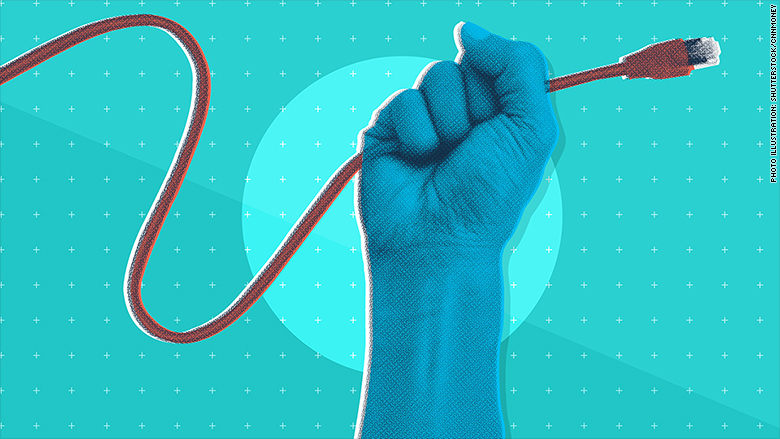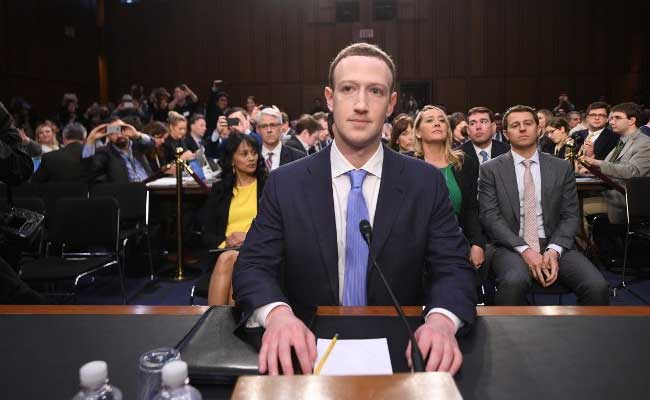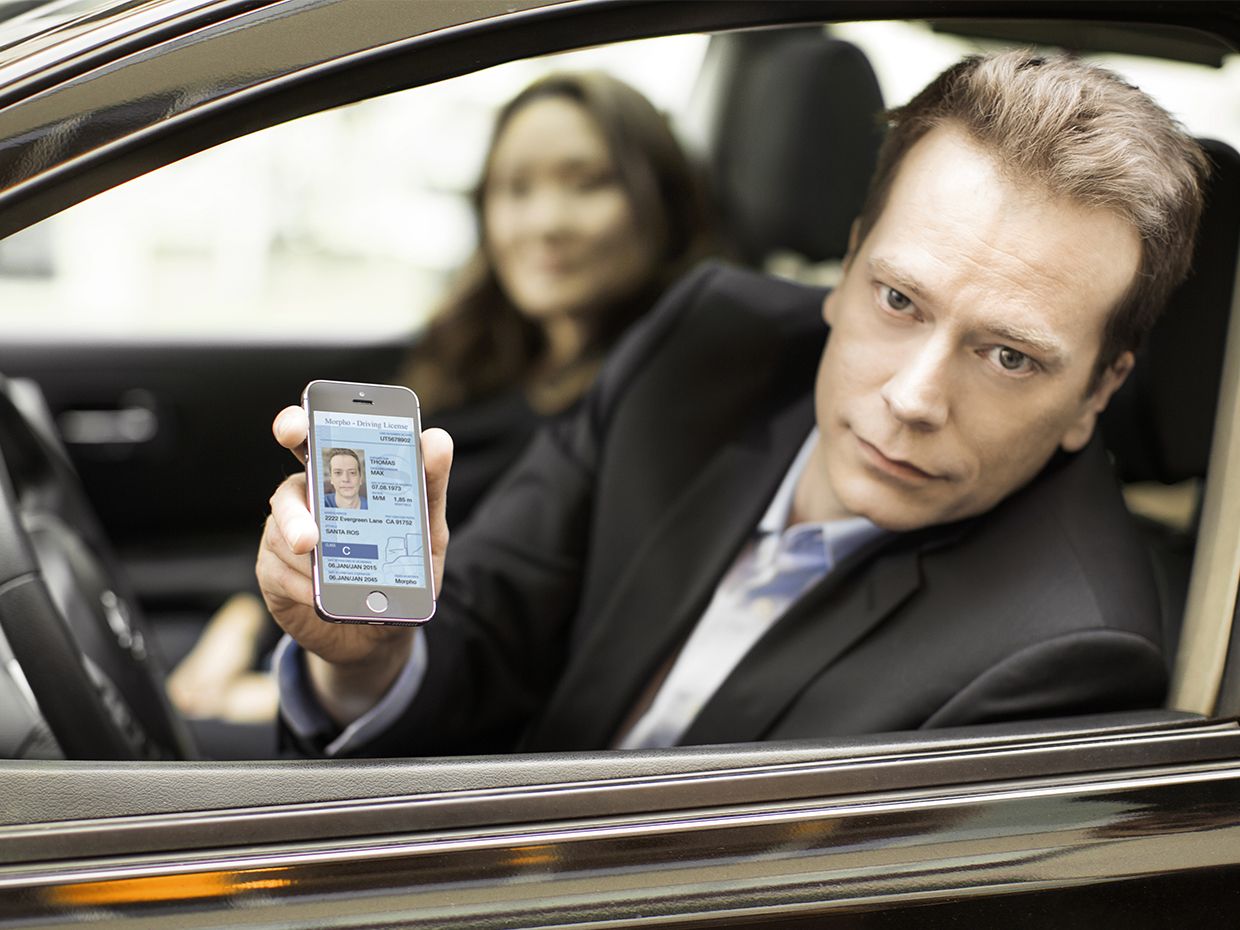California Enacts New Privacy Law
The Golden State claims to have blazed a trail in the protection of online privacy. The California legislature has passed, and Governor Jerry Brown has signed, an online privacy bill that its supporters say requires full disclosure and the right to opt out of data sharing and third-party sharing. The consumer will also be able to delete collected data if he wishes.

Some consumer advocates are unsatisfied with the bill. They say that businesses should be required to obtain opt-in consent before collecting or sharing user data. Some internet service providers and online advertisers fiercely opposed the bill, though, so it couldn’t have been entirely toothless.
All parties will have ample time to adapt to the new law. It won’t be in force until 2020.
Was the privacy bill necessary?
Advocates of the privacy law point to recent events that they say indicate need for action. Among these are a pattern of serious data breaches, Cambridge Analytica’s use of Facebook data, scrutiny of tech platforms by Congress, and the FCC’s handing off of online privacy concerns to the FTC.
An even tougher data privacy bill had been scheduled for placement on this November’s ballot. Now that the California legislature has acted, though, the sponsors of this tougher bill have agreed to abandon their effort.
The lobby that most actively promoted the bill is Common Sense Media. Two Democrats, Senator Robert Hertzberg and Assemblyman Ed Chau, introduced it n the legislature.
Did anyone object?
Some analysts say the new law will bring more harm than good. The critics argue that web users gladly exchange personal data for free goods and services. The new law would inhibit these exchanges. Web users, then, would miss out on many essential services- or would have to pay for them.
Some privacy advocates say the California law doesn’t go far enough. They want the ‘opt out’ standard replaced with ‘opt in’. In other words, ISPs, browsers, and social media couldn’t collect user data without express consent from users. Under the the new privacy standard, consumers can opt out of sharing or commercial use of their data. But they have to act affirmatively to do so. They waive their online privacy unless they remember to act affirmatively to protect it.
The new law incorporates a separate children’s rights section. This section does require opt in parental consent for sale of data from minors under 16 yeas old. The law provides for fines and lawsuits for breaches of this section.
Will other states follow suit?
Will California’s online privacy bill be a model for other states? It’s too early to tell. The state’s political and cultural climates are so unusual, it can be difficult to predict when its accepted practices will be adopted elsewhere.
(For the most reliable internet connection, contact Satellite Country. We can help.)










